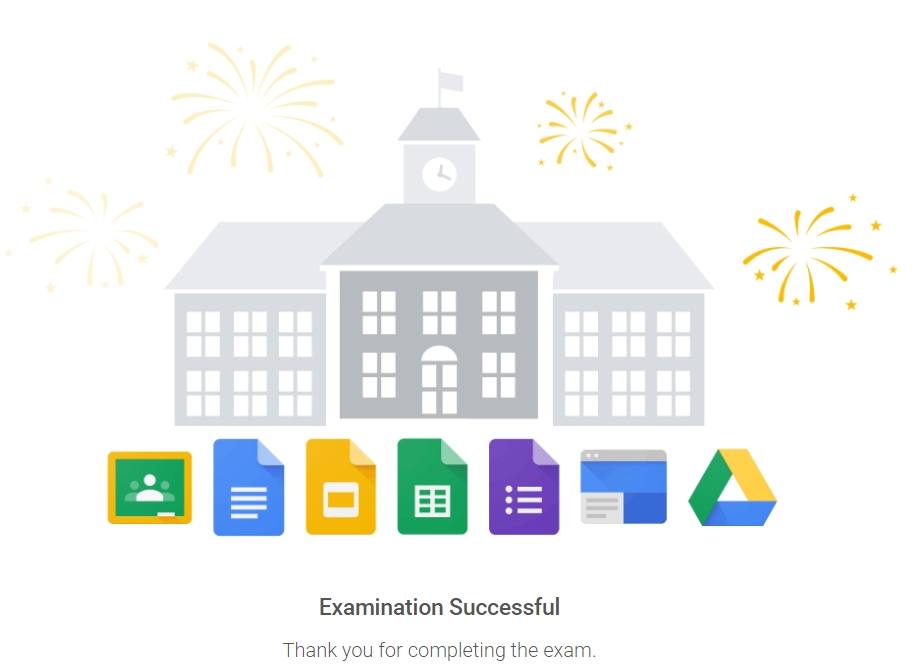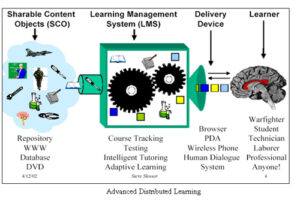The modern-day librarian has seen a significant shift toward a more digitally inclusive library. The COVID-19 pandemic forced librarians across the globe to leverage technology to bridge the digital divide for their patrons, regardless of whether or not they were ready to integrate new media tools in their library spaces. Consequently, the learning curve was steep. While many educators sought educational or technological tools aimed at providing sustainable solutions, there was little guidance on how to properly integrate new practices during an era of uncertainty and unpredictability.
The Solution to This Problem? A Librarian.
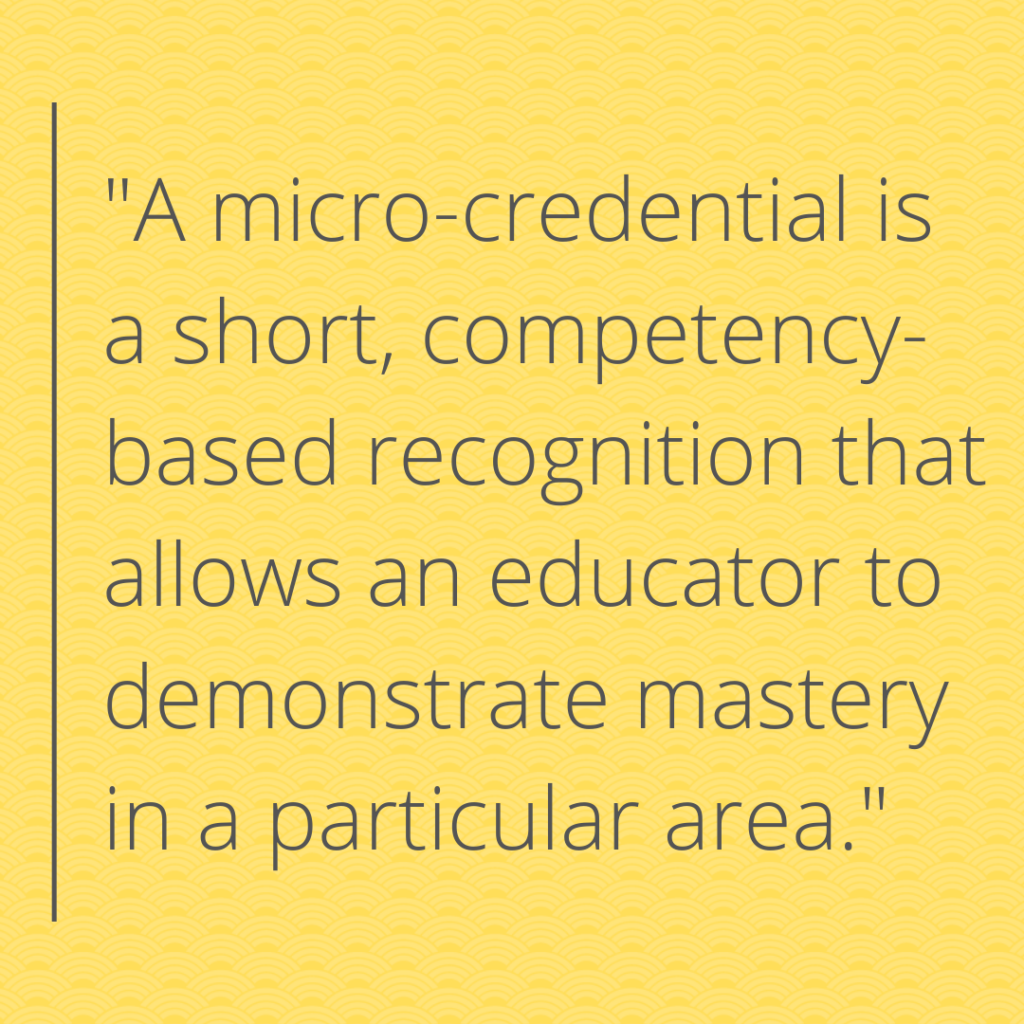
Library media specialists are equipped with the research and technology skills for supporting learning communities in developing innovative and effective learning experiences that facilitate student success. Not only do librarians prepare patrons to become independent thinkers, creators, and changemakers, but they act as a source of innovative release when high-stakes testing in schools takes the wheel at every turn. Undoubtedly, learning how to become an effective or “future-ready” librarian is not without its challenges. Without a doubt, ongoing professional development is necessary to the sustainability of any effective library program. Many librarians may seek learning opportunities through their local education centers, districts, or TCEA. However, seeking self-paced learning experiences, such as obtaining micro-credentials or ambassadorships, can add value to a librarian’s role. These can both reflect a librarian’s interests or strengths and add to their skillset.
Assessing Needs
Without a doubt, there are many wonderful micro-credential courses and opportunities for digital badges offered by educational technology companies. However, consider and assess the needs of your learning community first. There’s often a mentality that we have to “collect all the badges.” But this can often be counterproductive if the platform in which you seek certification is not used by your learning community. Try obtaining micro-credentials, or digital badges, that reflect the practices of your organization. Are there applications that are used due to district or campus mandates? Is the platform in which you are seeking certification a blocked or restricted application in your network? Is there an assistive technology that you feel students would benefit from?
These are all questions you should ask yourself before seeking a new shiny badge. Additionally, sending staff surveys to gauge technology skills or interest can help you develop an understanding of your learners’ needs. Keep in mind that the more certifications you obtain, the more upkeep it requires. Subscribe to newsletters or group forums that will keep you updated about changes to the platform’s usability or functions.

Finding the Right Tools
The tools you decide to implement will depend on a variety of factors. Seeking credentialing or ambassadorships may require research. Luckily, Google Innovator Rachel Coathup created BadgEdTech, a website aimed to encourage educators to learn about educational technology applications that provide micro-credential certifications, digital badges, or ambassadorships. Additionally, following ed tech companies and TCEA on social media is a great way to stay informed about the latest uses and trends.
Badge Visibility
You have earned a badge. Now what? Display it for the world to see! Adding your new badges to digital portfolios, business cards, email signatures, or professional websites are ways to display your skills. If you prefer a physical presentation, printing and framing your certificates to display in your work areas can add a layer of expertise to your professional environment. It is also a great way to begin discussions with your staff on the variety of learning opportunities that can empower your adult learners to seek their own certifications.
Ongoing Reflection for Librarians
Becoming an advocate for learning does not end with our students. We must also believe in our capabilities to continue our own education. Strive for learning, not perfection. Pursue opportunities that add quality to your skills, not quantity. Most importantly, seek micro-credentialing achievements that you believe will positively impact your education environments and will nurture existing and learned abilities.
Karina Quilantan-Garza, aka Mrs. Q., is the librarian at Jaime Escalante Middle School in Pharr-San Juan-Alamo ISD. She is a Google for Education Certified Trainer, Microsoft Innovative Educator (MIE) Trainer, and MIE Expert. She has over 10 years of secondary teaching experience and currently serves as the TCEA Library Special Interest Group (LIB-SIG) Vice-President. Her love for library media, ed-tech integration, and instructional design has motivated her to attain an array of digital credentials, which have given her the expertise needed to provide training for her campus on how to navigate and thrive in physical, hybrid, and fully virtual learning environments. When she is not saving the world one book or megabyte at a time, she can be found playing video games or reading on her comfy couch. Follow Karina on Twitter @cuethelibrarian.
Did you know that ALL our fantastic TCEA courses provide micro-credentials upon completion? It’s true. Sign up to learn new skills and earn a micro-credential today.

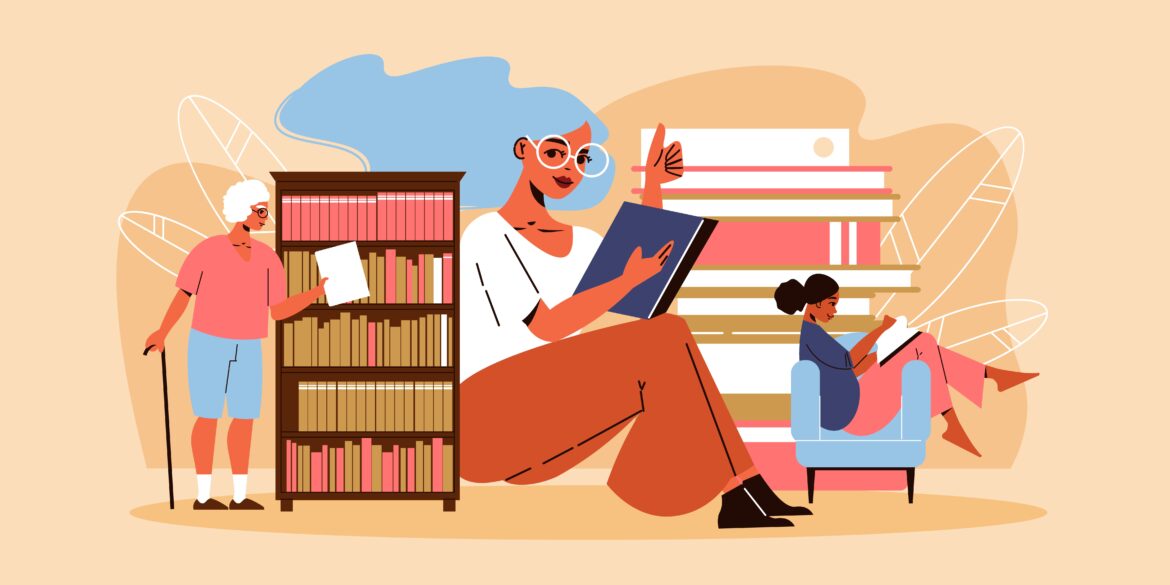

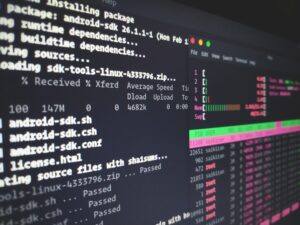 We had some huge wins in the area of computer science and computational thinking this session. Our six-year goal of providing weighted funding for the 9-12 Technology Application courses has finally been achieved. In HB 3, the school finance legislation, the weighted funding for CTE was changed from grades nine through twelve to grades seven through twelve. In addition, the
We had some huge wins in the area of computer science and computational thinking this session. Our six-year goal of providing weighted funding for the 9-12 Technology Application courses has finally been achieved. In HB 3, the school finance legislation, the weighted funding for CTE was changed from grades nine through twelve to grades seven through twelve. In addition, the  There are two pieces of legislation that are going to impact educational broadband. The first is HB 1960 which creates a Governor’s Broadband Council that will advise the governor on issues related to broadband access to unserved areas. This is progress, but not as much as we hoped for. There are few, if any, areas of Texas that are unserved. The original bill included underserved areas, but heavy lobbying by the large telecommunication companies eliminated that language from the bill. However, we consider this progress because we finally have some entity at the state level that will look at the state’s needs for broadband from a strategic perspective. For too long, all state entities have tried to provide affordable, scalable broadband for their own purposes when it would be much more cost efficient to survey the needs across agencies and entities and design a plan to meet all the needs. HB 1960 at least establishes a council that could do this in the future, if given the authority.
There are two pieces of legislation that are going to impact educational broadband. The first is HB 1960 which creates a Governor’s Broadband Council that will advise the governor on issues related to broadband access to unserved areas. This is progress, but not as much as we hoped for. There are few, if any, areas of Texas that are unserved. The original bill included underserved areas, but heavy lobbying by the large telecommunication companies eliminated that language from the bill. However, we consider this progress because we finally have some entity at the state level that will look at the state’s needs for broadband from a strategic perspective. For too long, all state entities have tried to provide affordable, scalable broadband for their own purposes when it would be much more cost efficient to survey the needs across agencies and entities and design a plan to meet all the needs. HB 1960 at least establishes a council that could do this in the future, if given the authority. 
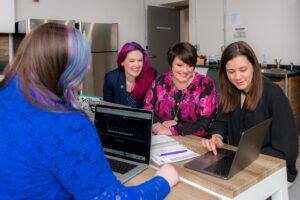 There are several opportunities in the bills mentioned above that will provide professional development in digital learning. The Blended Learning Grants are largely designed to provide professional development for educators in blended learning, not to mention the funding provided to UTeach to continue to provide this type of training to Texas teachers. Also, this is a good chance to remind districts that the TIMA may be used to provide professional development on the use of technology. In addition to these bills, the legislature passed HB 2424 that requires the SBEC to establish rules to create microcredentials in fields of study related to an educator certification class. This was one of TCEA’s legislative priorities, so we are excited to see this bill pass.
There are several opportunities in the bills mentioned above that will provide professional development in digital learning. The Blended Learning Grants are largely designed to provide professional development for educators in blended learning, not to mention the funding provided to UTeach to continue to provide this type of training to Texas teachers. Also, this is a good chance to remind districts that the TIMA may be used to provide professional development on the use of technology. In addition to these bills, the legislature passed HB 2424 that requires the SBEC to establish rules to create microcredentials in fields of study related to an educator certification class. This was one of TCEA’s legislative priorities, so we are excited to see this bill pass. 
